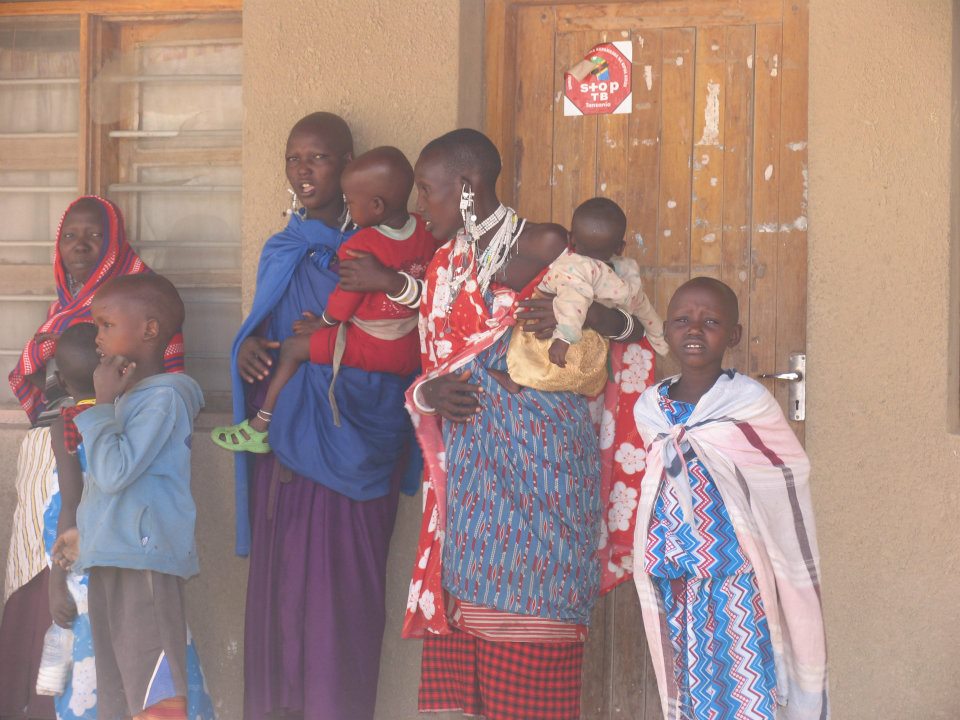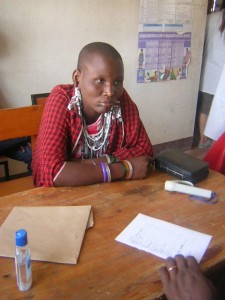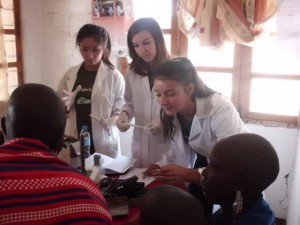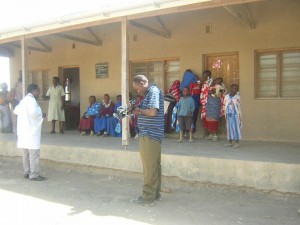Whew, can’t believe 2 weeks have gone by so fast!
On the third last day we went on an hour trip for a medical outreach at Engikarat School and Community. The school is a boarding school, mostly guys, with only a tiny minority of girls, and the community is mostly composed of traditional Maasai tribes and people, so most of our outreach patients were Maasai
Quick Fact: Traditional Maasai men have 3 distinctive appearances. They will always carry a spear in their hands for self defence and a symbol of a warrior, a knife on their belt for self defence, and several facial piercings with lots of jewelry hanging from their ears to eyebrows to their nose to EVERYWHERE!
During the outreach we provide free service, since some of our trip fee was used to pay for the medication distributed, and the Doctor who came along with us. We set up 3 different stations, registration, which included taking blood pressure, pulse, and basic information, the pharmacy, which was responsible for preparing the medications, and the Doctor’s room, where we got to observe the check up. We got to rotate around the stations to try all of the different tasks. All I can say is, was that fun or was that fun!
My favorite would probably be registration, because there were more hands on stuff, like asking the patients name, age, sickness, and check for pulse and blood pressure. There were more interactions which made it super fun. But even with my fabulous Swahili, there were still some communication problems, since some Maasai only knew how to speak the traditional Maasai language. So, we managed to find help from the students at the Engikarat School to help translate.
We ended up staying there for 9 HOURS! But in the end it was worth it. I felt very accomplished for helping those people. Unfortunately medical outreaches aren’t very often, since volunteer organizations makes sure they go to several different places, so it would be a long time before these people are able to be checked up again. And for this very reason, the doctor said that their problems maybe gone for 2 weeks, but within a month, their problems will all come back.
The outreach was technically our last day as medical volunteers, since the next day, we visited Tumaini Orphanage, which was where the care group project was at.
We went for a very important presentation for an organization, because they donated 3 ceramic water filters to the orphanage, which was very very very generous of the. The water filters can save so much more energy and than other ways for getting clean water.
Quick Fact: The most common way to clean water is to boil the water, although this is likely to kill the bacteria in the water, however the water may still contain dirt or seem yellowish, also with an odour. While the ceramic water filters is able to clean 99.9% of the water, as well as reducing the odour and having clean clear water.
At the orphanage we played with the adorable kids, and I also got a chance to film an interview for projects abroad, showing my take on the Maasai hand shake with my friend Esther.








